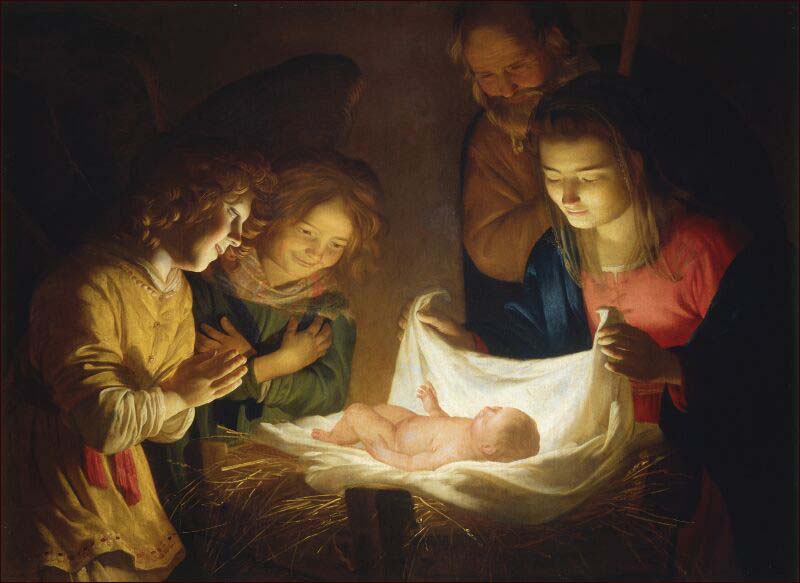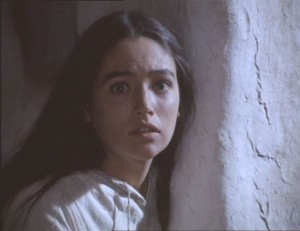
Behold, the virgin will conceive and bear a son, who will be called Emmanuel
Isaiah 7:14
The doctrine of the virgin birth states that Jesus was conceived in the womb of his mother Mary by a miraculous work of the Holy Spirit without a human father. He is both fully human and fully divine in one person and will be so forever. The virgin birth guarantees the divinity of Christ for through the Holy Spirit, Mary conceived.
This ancient promise found an overflowing fulfillment in the Incarnation of the Son of God. In fact, not only did the virgin conceive but she did so by the power of the Holy Spirit, that is, by the power of God himself. The human being who begins to live in her womb takes flesh from Mary, but his existence comes totally from God.
He is fully man, made from the earth — to use a biblical symbol — but comes from above, from heaven. That Mary conceives while remaining a virgin is essential for knowing Jesus and for our faith, because it shows that the initiative is God’s and above all it reveals who it is that is conceived. As the Gospel says: “For this reason he who will be born will be holy and will be called Son of God” (Luke 1:35). In this sense, the virginity of Mary and the divinity of Jesus are reciprocally guaranteed.
Pope Benedict XVI, “The Virginity of Mary and the Divinity of Jesus are Reciprocally Guaranteed”


